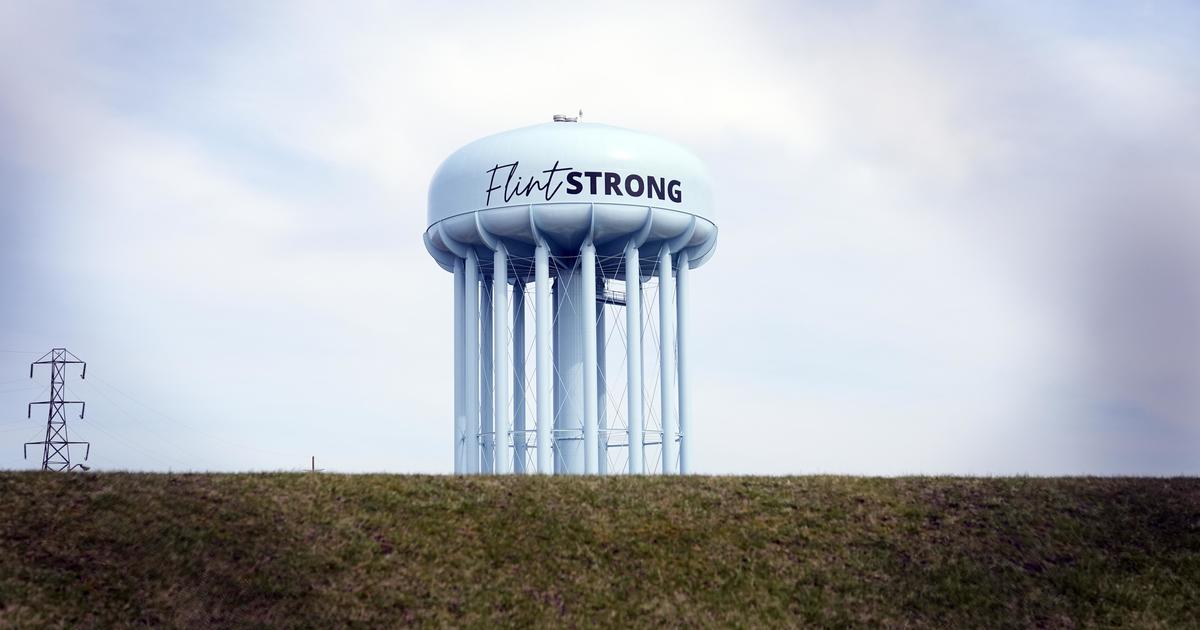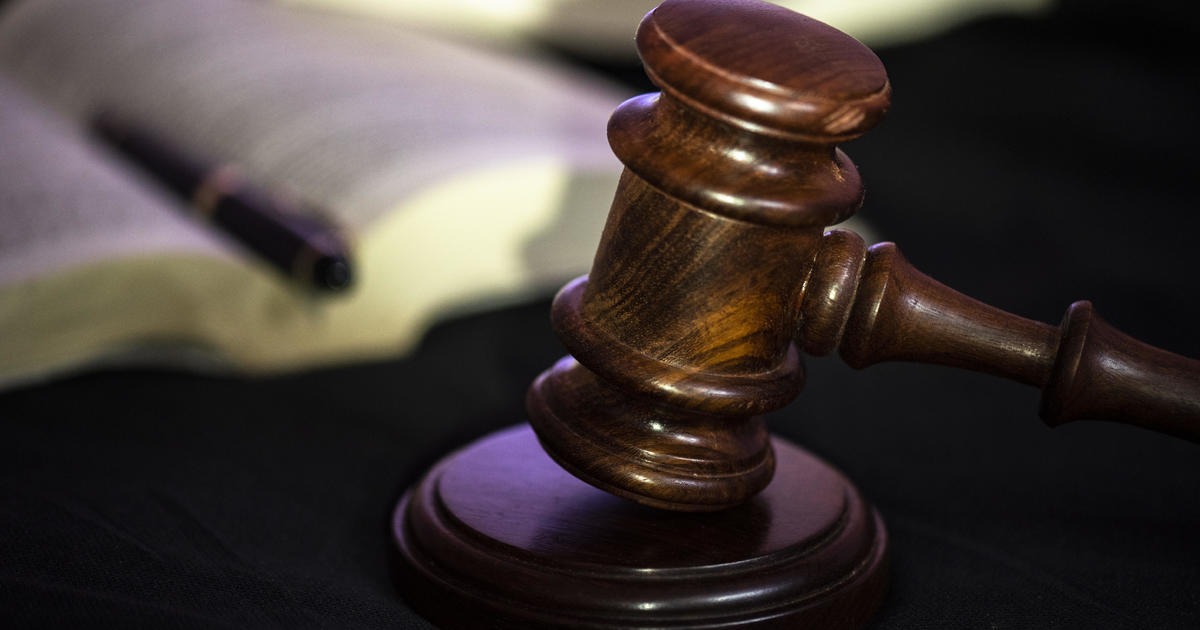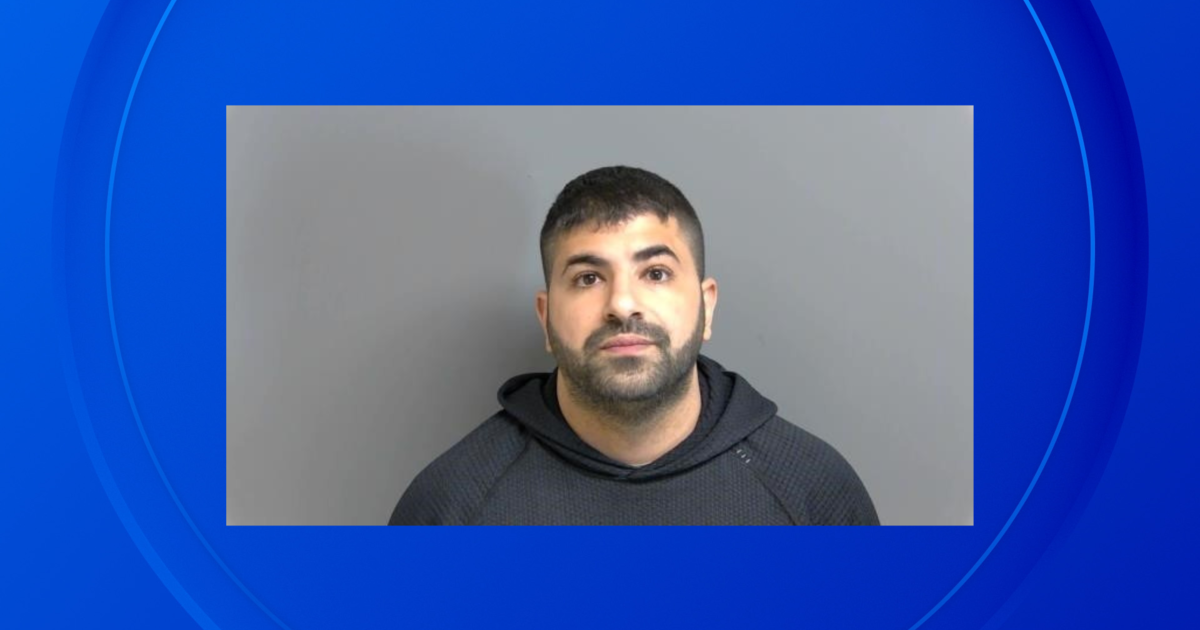Congresswoman Debbie Dingell Asks For Answers After People, Pets Sickened By Tap Water Downriver
SOUTHGATE (WWJ) - U.S. Congresswoman Debbie Dingell has sent a letter to Governor Rick Snyder and Great Lakes Water Authority regarding recent reports of odor, taste and discoloration issues in the tap water in many Downriver communities.
Dingell says her office received reports of both people and their pets becoming ill after drinking the discolored water. The Congresswoman is seeking information about the source of the discoloration and steps that are being taken to ensure the water is safe.
"People are rightfully questioning whether the water is safe to drink, cook with, and bathe in," wrote Dingell. "All Americans deserve peace of mind in knowing their water is safe for consumption. The current situation has given pause to many Downriver families who are worried for their well-being."
Dingell sent the letter on Tuesday, a day after the water authority told residents that testing shows the water meets the U.S. Environmental Protection Agency's Safe Drinking Water Act standards and is safe to drink.
The Congresswoman asked the governor and the water authority to answers to the following questions to address residents' concerns and to "help ensure we are all working together to fix this problem."
1. Is the tap water in Downriver communities currently safe?
2. To the best of your knowledge, what is the source of the discoloration and odor issues that are currently present in the water?
3. What strategy is the Michigan Department of Environmental Quality and the Great Lakes Water Authority pursuing to address the discoloration and odor issues? How long are these conditions expected to persist?
4. It is my understanding the Great Lakes Water Authority has increased sampling and testing of the water in Downriver communities following these reports. How long will this increased testing occur? Have there been any positive tests for bacteria or volatile organic chemicals? How often is water normally tested in the absence of an emergency or adverse reports from the community?
5. Increased transparency will help promote public confidence that everything possible is being done to address the situation. Publicly releasing test results as they come in, regardless of whether they contain evidence of contamination or not, would bring peace of mind to many residents. Will results from testing the water be released to the public?
6. Our office has received many reports of both people and their pets becoming ill after drinking the discolored water. What should residents who have become sick from ingesting the water be doing to ensure their health is provided for? Where should they go to report these cases? How can we all work together with the appropriate public health authorities to ensure these cases are being properly tracked?
7. Many residents are wondering if they need to be drinking bottled water because of the current situation. GLWA has indicated that this is not necessary at the moment, but many of my constituents are receiving mixed messages on this issue. Please provide specific information as to why bottled water is or is not needed at this time to help clarify the situation.
8. Whose responsibility is it to notify the public in the instance that the water in a local community is found to be unsafe to drink? Is there a formal plan in place to work with impacted communities and their elected officials if there is a contamination of the water that could cause health issues?
The authority says anyone with concerns about their water should contact local officials.



